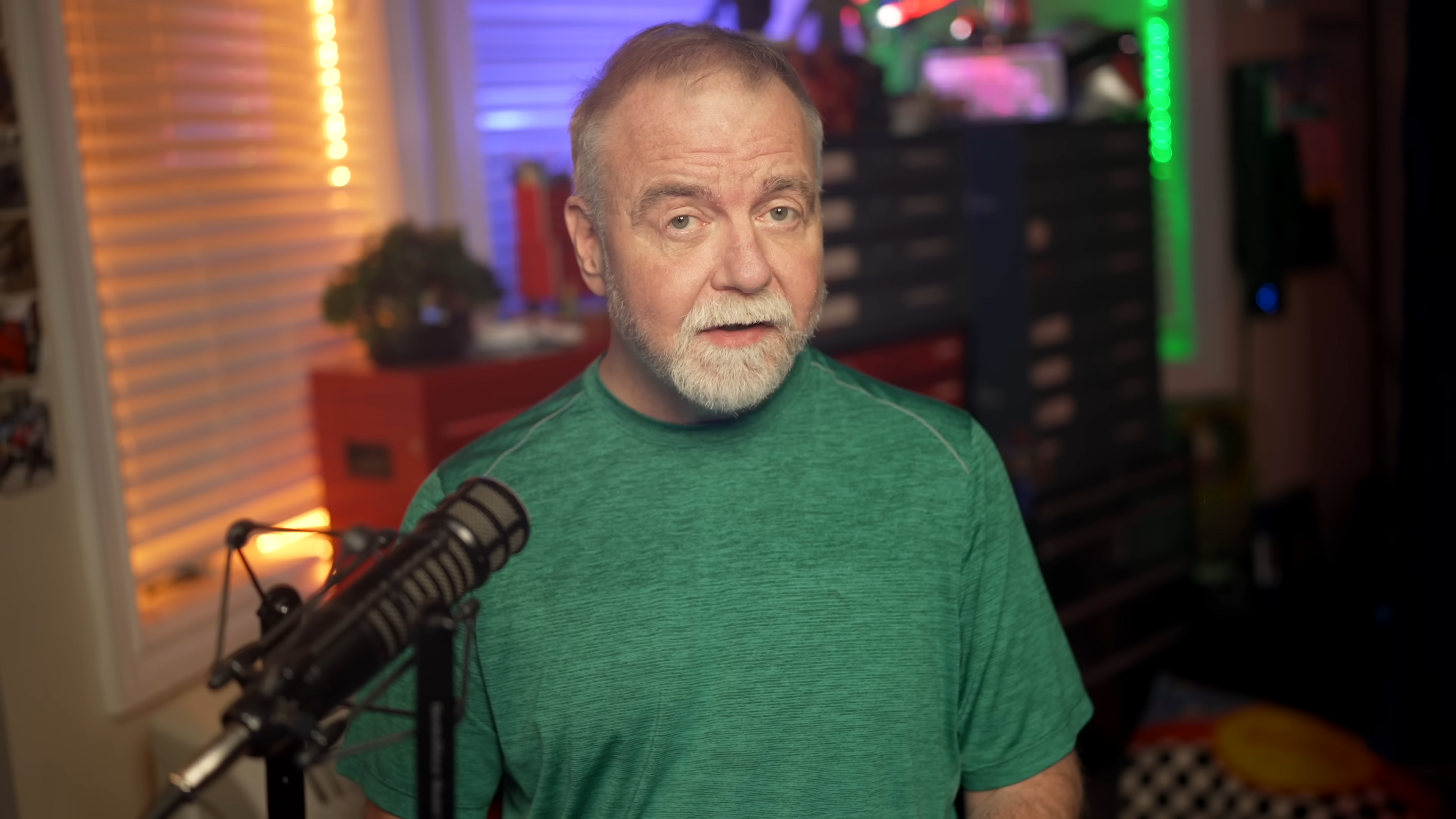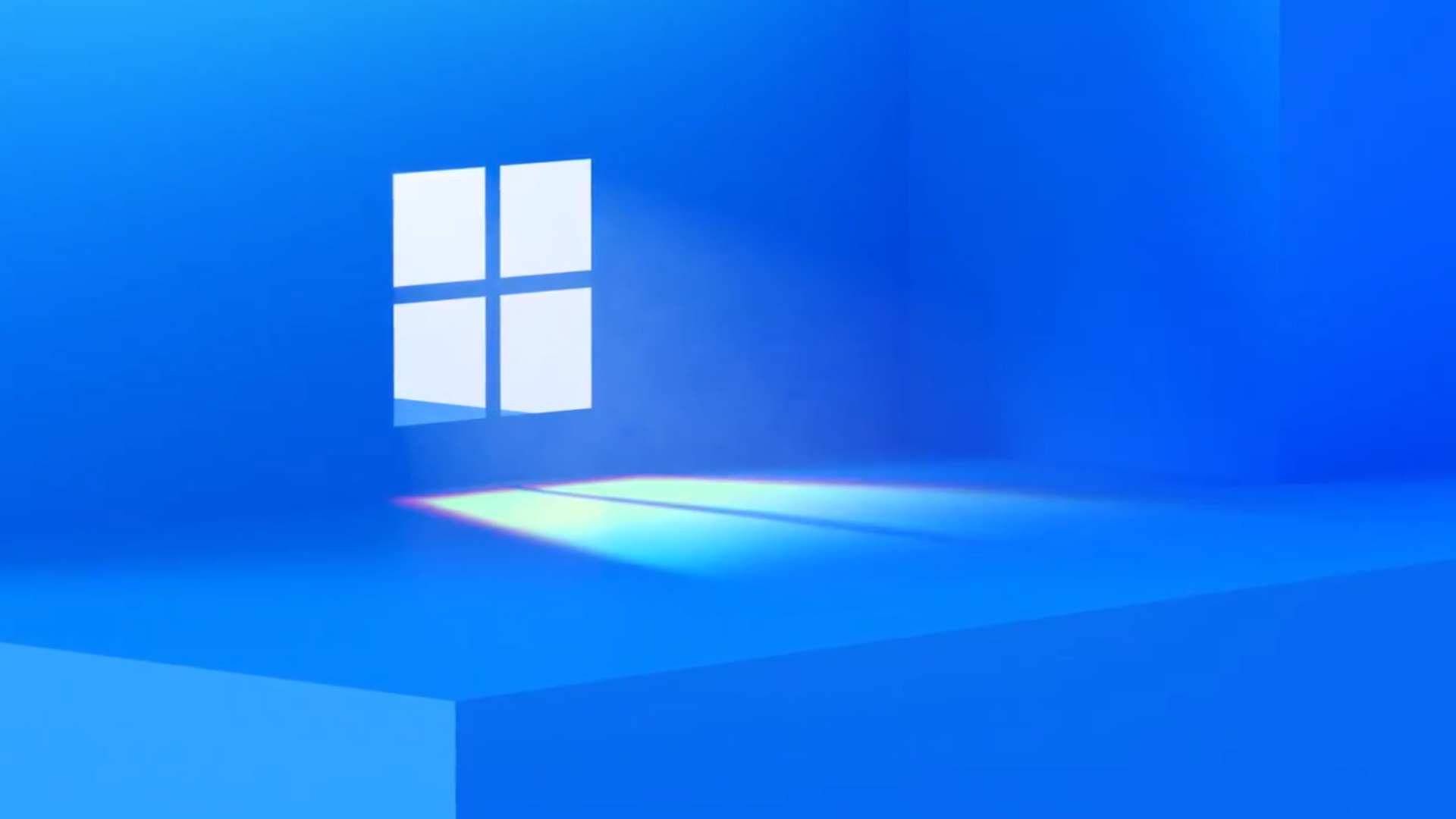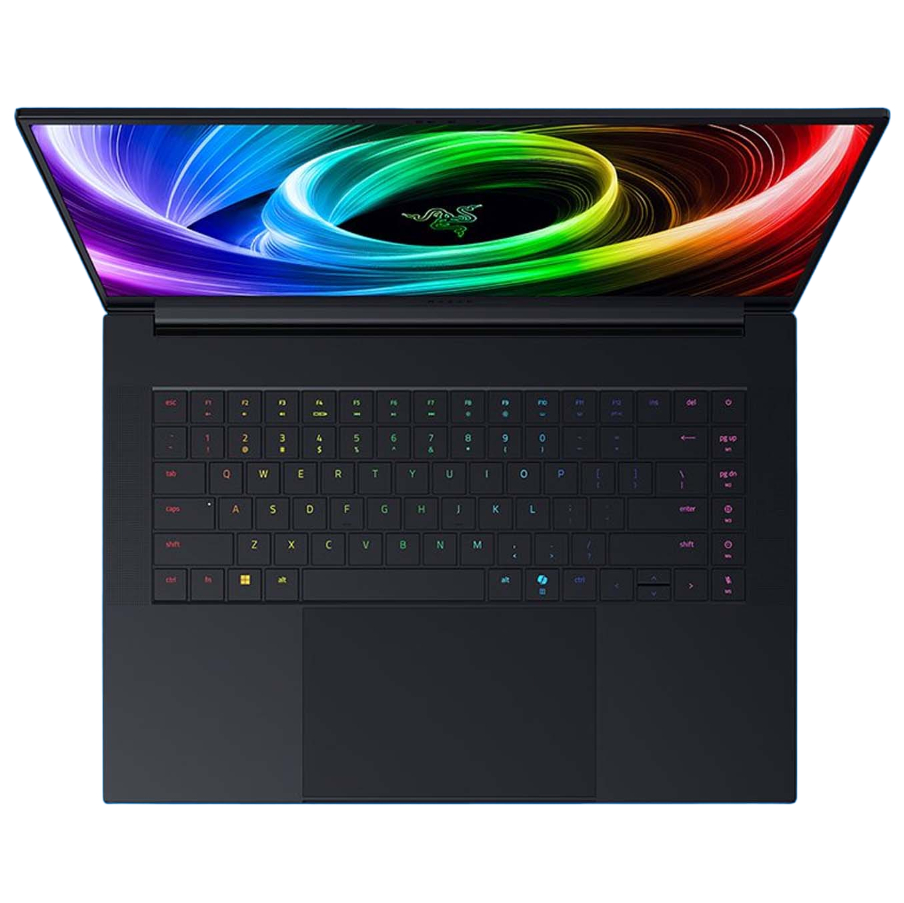Windows 'really does suck for some people': Ex Microsoft engineer Dave Plummer explains how he would fix the popular OS
"I think we've crossed the line over to where the operating system feels like a sales channel for all their other properties."

Keep up to date with the most important stories and the best deals, as picked by the PC Gamer team.
You are now subscribed
Your newsletter sign-up was successful
Want to add more newsletters?

Every Friday
GamesRadar+
Your weekly update on everything you could ever want to know about the games you already love, games we know you're going to love in the near future, and tales from the communities that surround them.

Every Thursday
GTA 6 O'clock
Our special GTA 6 newsletter, with breaking news, insider info, and rumor analysis from the award-winning GTA 6 O'clock experts.

Every Friday
Knowledge
From the creators of Edge: A weekly videogame industry newsletter with analysis from expert writers, guidance from professionals, and insight into what's on the horizon.

Every Thursday
The Setup
Hardware nerds unite, sign up to our free tech newsletter for a weekly digest of the hottest new tech, the latest gadgets on the test bench, and much more.

Every Wednesday
Switch 2 Spotlight
Sign up to our new Switch 2 newsletter, where we bring you the latest talking points on Nintendo's new console each week, bring you up to date on the news, and recommend what games to play.

Every Saturday
The Watchlist
Subscribe for a weekly digest of the movie and TV news that matters, direct to your inbox. From first-look trailers, interviews, reviews and explainers, we've got you covered.

Once a month
SFX
Get sneak previews, exclusive competitions and details of special events each month!
"Windows Sucks" is the cold open to former Microsoft Engineer turned tech YouTuber, Dave Plummer's latest video. As tongue-in-cheek as Plummer usually is, this video has him go over how he would fix it if "Heaven help us, I was suddenly put in charge."
"I worked on Windows, and most of my code is likely still in there." Plummer has a storied past as a developer. As well as working on Windows, he is known for coding the original Pinball port on Windows NT, as well as creating Task Manager. Just a few days ago, he announced that he rescued a 100 lb 14-inch magnetic drive from the '80s with its 622 MB of storage still intact.
As Plummer points out, he left Microsoft over two decades and "nobody's calling to ask for my opinion. I get no credit for the wins and I take no blame for the boneheaded decisions, though I deserve the right to admire one and roast the other."
Plummer argues that Microsoft has spent a long time making Windows uber accessible, but, in the process, has turned off power users. Though he likes elements of Windows, he uses his latest video to enunciate why "it really does suck for some people."
"The things that you do to protect novices, like hiding the sharp tools, adding guardrails, narrating every step with a balloon tip, they turn into real friction for the people who live in the OS all day." He argues it's the "right strategy" and a smart business decision for the average user but wrong for those at the high end.
However, Plummer argues there's a way to build an OS that is both welcoming to newcomers without putting "the experience in mitten mode". Instead, he argues for a new mode that power users can operate, one that drops all "verbosity" and prompting. He goes on to say it should remove all app suggestions and get rid of web search in local search unless you ask for it (this one, I'm definitely on board with). He then argues this mode should have all settings bumped into a single control space, so you aren't left hunting for modes in drop-downs, boxes, and other places.
Finally, Plummer argues that the Windows Console should be respected as a tool and a default for power users. Alongside this, he argues Winget (Windows Package Manager), SSH (Secure Shell), tar, "and all their friends" should be "unambiguously available and already on the path for you." Importantly, they want this potential mode to accept when you say you're a power user, without second-guessing you.
Keep up to date with the most important stories and the best deals, as picked by the PC Gamer team.
Pummer also points out "Privacy and telemetry, being forced into a Microsoft account during setup, updates that surprise like a SWAT team advance" all feel "like rough edges on a product that kind of forgot who's paying whom, assuming you are paying."
Plummer argues his version of Windows would come with a privacy ledger that would always log the information your rig is sending elsewhere, with you being able to control how and why that information is sent. He also argues that, if some information is non-negotiable, Windows should have to argue its case openly and "take the PR lumps." Ultimately, this new mode being proposed is one focused on user choice, with Microsoft accounts becoming an equally distinct option to just having a local one, and he argues Microsoft should only ever ask you which one you'd prefer once.

This professional mode is envisioned to have a choreographed Windows Update schedule, with it never booting you from working or changing the UI behaviour outside of the update window. Plummer argues it should also tell you what it does in that update in plain language, and rolling it back should be simplistic.
A common Windows complaint, Plummer highlights all the ways that the OS tries to upsell you or plain sell you on its products and, though teaching users things they may not be aware of is important, "I think we've crossed the line over to where the operating system feels like a sales channel for all their other properties."
This service would likely be paid, in order to remove all those ads, but they argue it would be better in the end, either way.
"Right now, this is what people mean when they say Windows sucks. They're not complaining about the anti-thread scheduler or the IO stack. They detest the experience of being sold to by your own computer that you already own."
Plummer does, however, praise Windows. He says, "the kernel is mature and high performance, the storage stack is world-class, and the driver ecosystem, warts and all, is an unmatched feat of cooperation."
"The punchline then is that Windows doesn't really suck. It's that Windows tries to be a friendly town for everybody, and the zoning board forgot to include a neighbourhood for the weirdos who build their own furniture". After listening to his latest video, I think I might want to build my own furniture too.

1. Best gaming laptop: Razer Blade 16
2. Best gaming PC: HP Omen 35L
3. Best handheld gaming PC: Lenovo Legion Go S SteamOS ed.
4. Best mini PC: Minisforum AtomMan G7 PT
5. Best VR headset: Meta Quest 3

James is a more recent PC gaming convert, often admiring graphics cards, cases, and motherboards from afar. It was not until 2019, after just finishing a degree in law and media, that they decided to throw out the last few years of education, build their PC, and start writing about gaming instead. In that time, he has covered the latest doodads, contraptions, and gismos, and loved every second of it. Hey, it’s better than writing case briefs.
You must confirm your public display name before commenting
Please logout and then login again, you will then be prompted to enter your display name.


